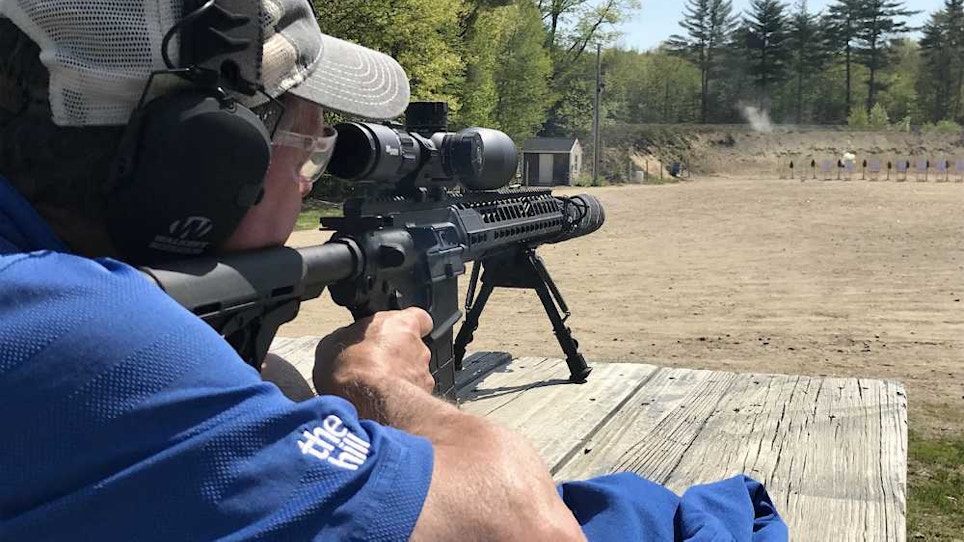The Department of Homeland Security has deemed the firearm industry’s manufacturing, distribution, retail and range businesses as essential critical services that should remain open during the Covid-19 pandemic.
The ruling was made March 28 and announced by DHS after it modified its guidance about what qualifies as essential critical infrastructure workforce. See the updated list here.
The guidance states that "workers supporting the operation of firearm or ammunition product manufacturers, retailers, importers, distributors and shooting ranges" should be included in the exempt workforce.
Here is the portion of the updated list that includes law enforcement, public safety and first responders:
• Public, private and voluntary personnel (front line and management) in emergency management, law enforcement, fire and rescue services, emergency medical services and private security, to include public and private hazardous material responders, air medical service providers (pilots and supporting technicians), corrections and search and rescue personnel.
• 911 call center employees and Public Safety Answering Points who can’t perform their duties remotely.
• Fusion Center employees.
• Workers — including contracted vendors — who maintain, manufacture, or supply equipment and services supporting law enforcement emergency service and response operations (to include electronic security and life safety security personnel).
• Workers supporting the manufacturing of safety equipment and uniforms for law enforcement, public safety personnel and first responders.
• Workers supporting the operation of firearm or ammunition product manufacturers, retailers, importers, distributors and shooting ranges.
• Public agency workers responding to abuse and neglect of children, elders and dependent adults.
• Workers who support weather disaster/natural hazard mitigation and prevention activities.
• Security staff to maintain building access control and physical security measures.
The National Shooting Sports Foundation said it's representatives have been working with the Trump Administration and DHS "to convey the important role the firearm and ammunition industry performs for national security, public safety and the ability for continued exercise of individual constitutional liberties and self-protection."
Firearms dealers, owners, prospective owners and others in multiple states have been frustrated with closures of stores, ranges and ability to purchase firearms. The Second Amendment Foundation and others are suing New Jersey's governor, and the National Rifle Association is suing California Gov. Gavin Newsom and Los Angeles County Sheriff Alexander Villanueva.
“We are deeply appreciative to the Trump Administration and Department of Homeland Security for recognizing the vital role our industry fulfills in our nation,” Lawrence G. Keane, Senior Vice President and General Counsel for NSSF, said in a press release. “We have seen over the past week hundreds of thousands, even millions of Americans choosing to exercise their right to keep and bear arms to ensure their safety and the safety of loved ones during these uncertain times.
"Americans must not be denied the ability to exercise that right to lawfully purchase and acquire firearms during times of emergency. This guidance from the Department of Homeland Security’s Cybersecurity and Infrastructure Security Agency (CISA) is crucial to governors and local officials as they craft the orders to preserve public health.”
The NSSF outlined the roles played by those included in the DHS's amended guidance, including:
— The firearm industry continues to provide small arms to the U.S. military, even during times of crisis. The national security mission remains and U.S. Armed Forces, with rare exception, rely upon domestically manufactured small arms.
— Most law enforcement departments rely on local firearm retailers to supply them with their firearms to perform the critical duty of providing for community safety.
— Law-abiding individuals also rely on these retailers for the ability to purchase their firearms and ammunition. It is also where retailers are able to explain the responsibilities of safe firearm ownership and storage and new gun owners are able to access ranges to learn to safely handle their firearms.






